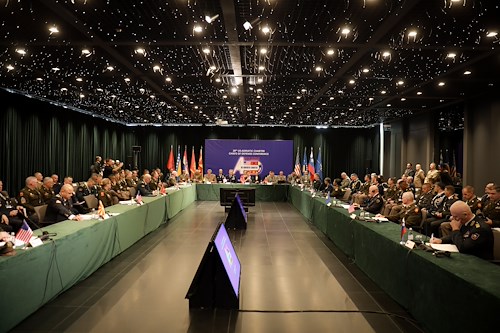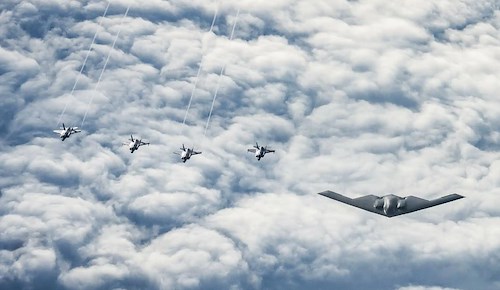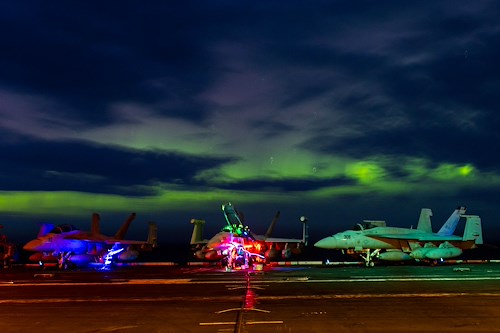Russia has conducted a test of a direct-ascent anti-satellite (DA-ASAT) missile.
“Russia publicly claims it is working to prevent the transformation of outer space into a battlefield, yet at the same time Moscow continues to weaponize space by developing and fielding on-orbit and ground-based capabilities that seek to exploit U.S. reliance on space-based systems,” said U.S. Army Gen. James Dickinson. “Russia’s persistent testing of these systems demonstrates threats to U.S. and allied space systems are rapidly advancing. The establishment of U.S. Space Command as the nation’s unified combatant command for space and U.S. Space Force as the primary branch of the U.S. Armed Forces that presents space combat and combat support capabilities to U.S. Space Command could not have been timelier. We stand ready and committed to deter aggression and defend our Nation and our allies from hostile acts in space.”
The United States is concerned by Russia’s continued development and deployment of several types of ground-based and space-based ASAT weapons. These actions are contrary to Russia’s diplomatic and public stance against the weaponization of space. Specifically, Russia has demonstrated two completely different types of space weapons.
The first type of kinetic weapon is a DA-ASAT system capable of destroying satellites in low Earth orbit, which they have tested multiple times. If this weapon is tested on an actual satellite or used operationally, it will cause a large debris field that could endanger commercial satellites and irrevocably pollute the space domain.
The second type is a co-orbital ASAT, a space-based weapon system, which demonstrated an on-orbit kinetic weapon in 2017 and again in 2020. Furthermore, in March 2018, President Putin announced the development of a ground-based laser system for use by the Russian Space Forces, which the Russian military acknowledged as a “combat laser system.” This pattern of behavior would be considered potentially threatening in any other domain.
“Russia has made space a warfighting domain by testing space-based and ground-based weapons intended to target and destroy satellites. This fact is inconsistent with Moscow’s public claims that Russia seeks to prevent conflict in space,” Dickinson added. “Space is critical to all nations. It is a shared interest to create the conditions for a safe, stable, and operationally sustainable space environment. The demands on the space systems continue in this time of crisis where global logistics, transportation, and communications are key to defeating the COVID-19 pandemic.”
Media queries should be sent to U.S. Space Command Public Affairs Office at 719-554-3478 or USSPACECOM.PA.MEDIA@us.af.mil.
- 30 -




